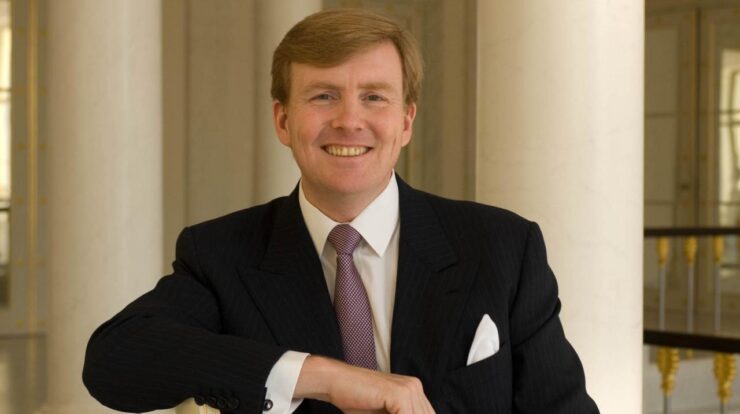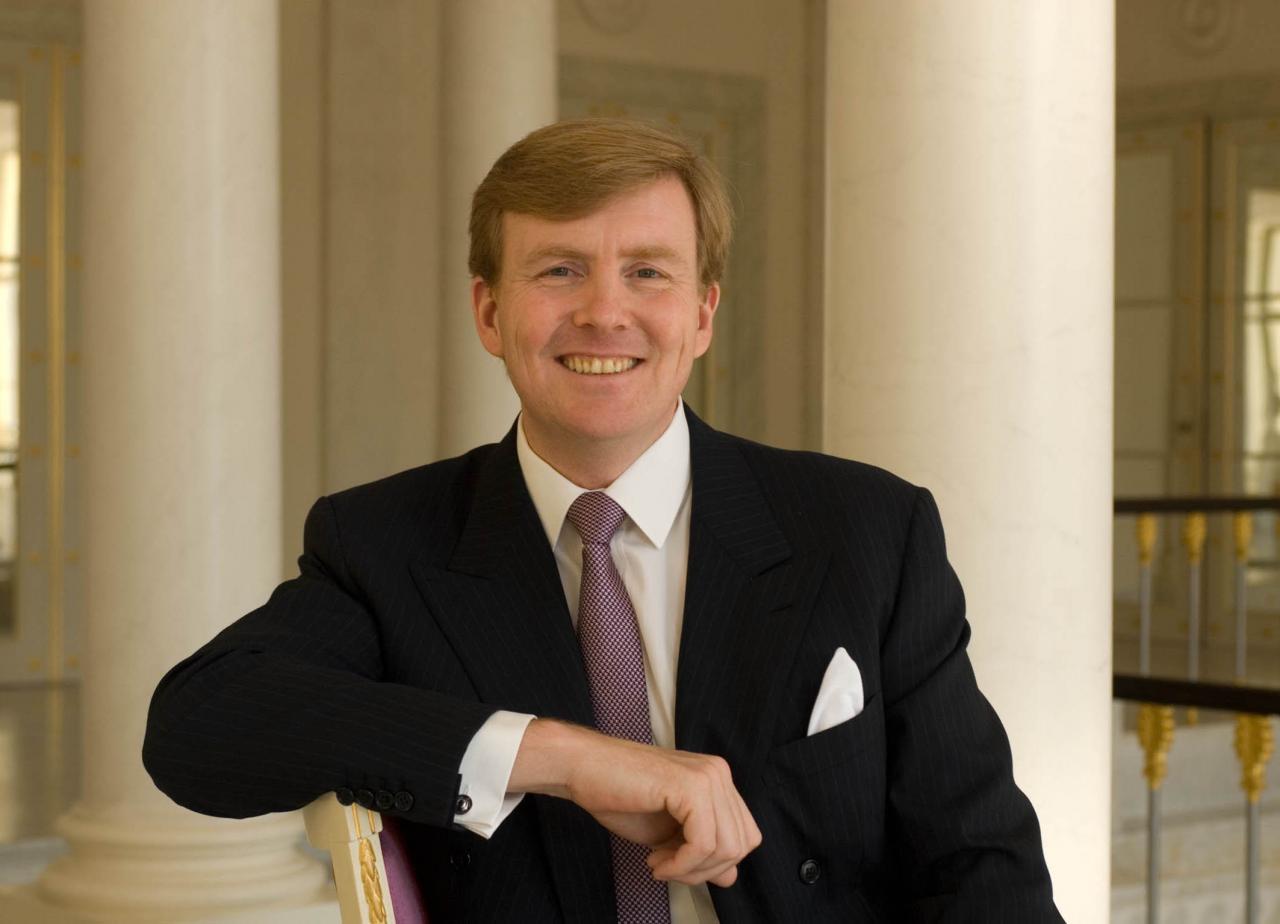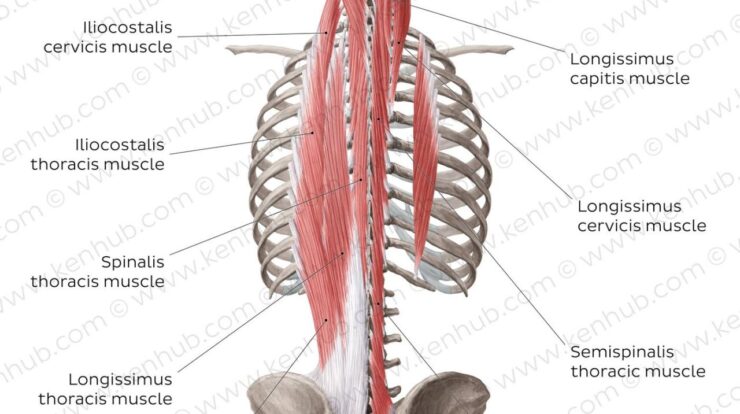
King of netherlands – As King Willem-Alexander takes center stage, this opening passage beckons readers into a world crafted with journalistic flair and a distinct news tone, ensuring a reading experience that is both absorbing and distinctly original.
King Willem-Alexander’s reign has been marked by his dedication to his country and his people. From his childhood and education to his military service and his role as head of state, his life and work have shaped the Netherlands in profound ways.
Willem-Alexander: The Reigning King of the Netherlands
Willem-Alexander is the current reigning monarch of the Netherlands. He ascended to the throne in 2013 following the abdication of his mother, Queen Beatrix.
Willem-Alexander was born in Utrecht, Netherlands, on April 27, 1967. He is the eldest son of Queen Beatrix and Prince Claus von Amsberg. He has two younger brothers, Prince Friso and Prince Constantijn.
Willem-Alexander attended Leiden University, where he studied history and law. He also served in the Royal Netherlands Navy.
In 2002, Willem-Alexander married Máxima Zorreguieta Cerruti, an Argentine economist. They have three daughters: Princess Catharina-Amalia, Princess Alexia, and Princess Ariane.
His Role as Head of State, King of netherlands
As the head of state, Willem-Alexander is the symbol of the unity and sovereignty of the Netherlands. He performs a variety of constitutional duties, including:
- Opening the States General (parliament)
- Appointing and dismissing the prime minister and other government ministers
- Signing laws into effect
- Representing the Netherlands at home and abroad
History of the Dutch Monarchy
The Dutch monarchy can be traced back to the 16th century, when the Netherlands was part of the Holy Roman Empire. In 1581, the Netherlands declared independence from Spain, and the Dutch Republic was established.
The first stadtholder (governor) of the Dutch Republic was William the Silent. He was a Protestant leader who fought against Spanish rule.
In 1815, the Netherlands became a kingdom, and William I became the first king of the Netherlands.
The Dutch monarchy has played a significant role in the history of the Netherlands. The monarchs have been responsible for leading the country through wars, economic crises, and political turmoil.
Key Monarchs
Some of the most important monarchs in Dutch history include:
- William the Silent (1533-1584): Led the Dutch revolt against Spain
- William I (1584-1625): First stadtholder of the Dutch Republic
- William III (1650-1702): King of England, Scotland, and Ireland
- Wilhelmina (1890-1948): Queen of the Netherlands during World War II
The King’s Royal Family
Willem-Alexander’s immediate family consists of his wife, Queen Máxima, and their three daughters: Princess Catharina-Amalia, Princess Alexia, and Princess Ariane.
Queen Máxima is a former investment banker who was born in Argentina. She is a popular figure in the Netherlands and is known for her work on social issues.
Princess Catharina-Amalia is the heir to the Dutch throne. She is currently studying at the University of Amsterdam.
Princess Alexia and Princess Ariane are also students. They attend the Christelijk Gymnasium Sorghvliet in The Hague.
Importance of the Royal Family
The royal family plays an important role in maintaining the monarchy’s popularity and stability. They represent the Netherlands at home and abroad, and they are involved in a variety of charitable and social causes.
The royal family is also a symbol of the unity and diversity of the Netherlands. Willem-Alexander is the first Dutch king to have a foreign-born wife, and his daughters are of mixed heritage.
The King’s Palaces and Residences
The Dutch royal family has a number of palaces and residences at their disposal. The most important of these is the Royal Palace of Amsterdam, which is located in the heart of the city.
Other royal palaces include the Noordeinde Palace in The Hague, the Huis ten Bosch Palace in The Hague, and the Soestdijk Palace in Baarn.
The royal family also has a number of hunting lodges and country estates.
Historical Significance
The Royal Palace of Amsterdam was built in the 17th century and was originally the town hall of Amsterdam. It was converted into a royal palace in 1808 when Louis Napoleon became king of the Netherlands.
The Noordeinde Palace was built in the 16th century and was originally a hunting lodge. It became a royal residence in the 19th century.
The Huis ten Bosch Palace was built in the 17th century and was originally a country estate. It became a royal residence in the 19th century.
The King’s Role in Dutch Society
Willem-Alexander plays an important role in Dutch society. He is the head of state, the commander-in-chief of the armed forces, and the symbol of the unity and sovereignty of the Netherlands.
The King also plays a role in promoting Dutch culture, tourism, and international relations. He represents the Netherlands at home and abroad, and he is involved in a variety of charitable and social causes.
Official Duties
The King’s official duties include:
- Opening the States General (parliament)
- Appointing and dismissing the prime minister and other government ministers
- Signing laws into effect
- Representing the Netherlands at home and abroad
The King’s Legacy and Future: King Of Netherlands
Willem-Alexander has been a popular and respected monarch. He is seen as a modern and progressive leader who is committed to the well-being of the Netherlands.
The monarchy is facing a number of challenges in the 21st century, including the rise of populism and nationalism. However, Willem-Alexander is well-positioned to lead the monarchy into the future.
Challenges and Opportunities
Some of the challenges facing the monarchy include:
- The rise of populism and nationalism
- The increasing diversity of the Netherlands
- The changing role of the monarchy in a modern society
However, the monarchy also has a number of opportunities, including:
- The popularity of Willem-Alexander
- The monarchy’s long history and tradition
- The monarchy’s role in promoting Dutch culture and international relations
Concluding Remarks

King Willem-Alexander’s legacy will undoubtedly be shaped by his commitment to his country and his people. His dedication to public service and his ability to connect with the Dutch people have made him a beloved figure, and his reign has been a period of stability and progress for the Netherlands.
Popular Questions
What is King Willem-Alexander’s full name?
Willem-Alexander Claus George Ferdinand
When was King Willem-Alexander born?
April 27, 1967
Who is King Willem-Alexander’s wife?
Queen Máxima
How many children does King Willem-Alexander have?
Three





